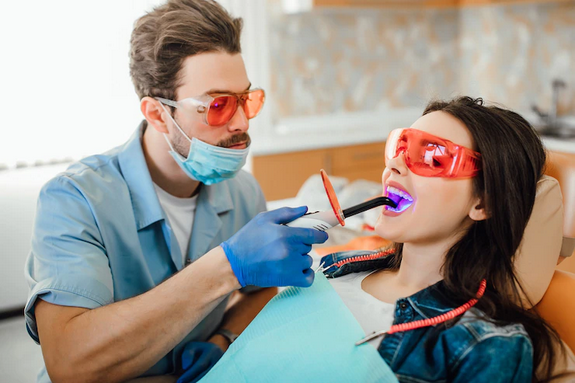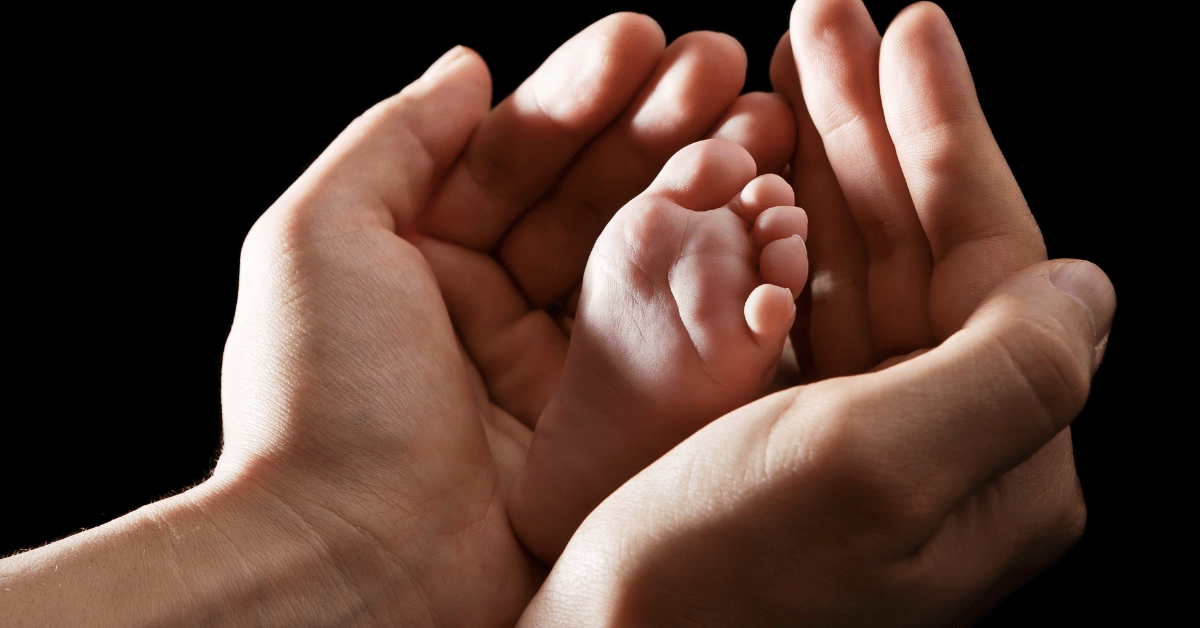We think a quick brush, once or twice daily, and occasional flossing with old dental floss will keep our teeth in top condition. Dental hygienists and dentists who are skilled in this area know better. You must keep your teeth clean if you want them to last as long as possible. To ensure this, regular visits to a dental hygienist liverpool are a must.
Patients love dental hygienists. Oral hygienists are highly skilled professionals who genuinely care about their patients’ teeth. They are often mistakenly assumed to be people who don’t have the financial means to pay for dental school. To become a dental hygienist, you must complete a two-year accredited dental hygiene program and pass multiple state and national exams.
Teaching good dental hygiene is an art form in and of itself. It is important to do it right, especially when the hygienist examines your mouth. As a mark of quality and training, look for someone who is RDH (Registered Dental Hygienist). This means they are licensed to practice oral health and have the necessary skills and training to care for your smile.
The duties of a dental hygienist
A dental hygienist’s job is not limited to teaching children how to brush their teeth. Although dentists diagnose and treat dental problems, hygienist is responsible for maintaining their health. Why spend thousands on dental work only to have your pearly whites turn yellow or rot into tiny stumps? Hygienists can keep our teeth in sparkling shape by:
- Examine both the gums and teeth. Take x-rays, and assess the gums (periodontal).
- Keep a record of any abnormalities, diseases, etc. Usually, the dentist must diagnose any condition.
- Clean your teeth and remove hard and soft plaque, calculus, etc.
- Use agents that prevent decay and act as sealants
- Teach basic oral hygiene, how to prevent gum disease and tooth decay, and oral protection strategies. You may also need to introduce and maintain quit-smoking programs.
Each city has its own licensing agreements that govern what a dental hygiene professional can do. While they will work alongside the dentist, the hygienist’s exact responsibilities depend on regulations.
Use of Tools
To do the job properly, dental hygienists need a variety of tools. Most tools used by dental hygienists are tiny, so they must be able to use their hands. Here are the basics of hygiene:
- Rotary and hand instruments – These are used to clean your teeth
- Ultrasonic devices – Used to polish, clean and remove stains
- Teeth models – Patients can learn how to clean their teeth better by performing root canal therapy.
- Local anaesthesia – Anaesthesia devices, such as syringes and needles.
However, don’t confuse a dentist, hygienist and dental assistant. Only the former can perform the clinical tasks listed above. As instructed by the dentist, dental assistants focus more on preparing instruments for use, lab duties in some cases, and basic hands-on work. Overall, they are paid less than hygienists because they can only work closely under supervision.
Next time you go to a dentist or a hygienist, take the time and appreciate the different training each speciality requires. Pay attention to what the dentist tells you. Start brushing and flossing regularly, and follow the hygienist’s instructions to the letter. Only one set of natural teeth is available to you. Keep them healthy as long as possible.





